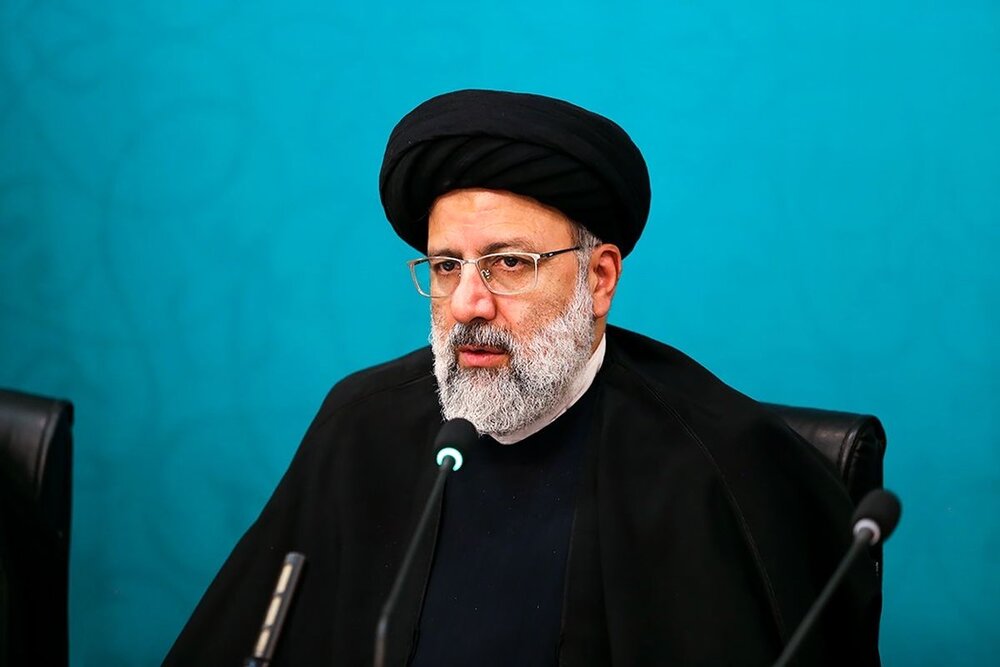Iranian officials condemn mass execution in Saudi Arabia

TEHRAN — Officials in Iran have condemned the brutal execution of 81 men in Saudi Arabia.
Speaking on Monday in the meeting of the Supreme Council of Young People's Affairs, President Ebrahim Raisi slammed the application of double standards by Western countries and the instrumental use of human rights, as well as the silence and inaction of the self-proclaimed human rights advocates towards death penalty against innocent people.
“International organizations and free media, as well as relevant institutions must break their silence,” the president remarked.
Foreign Ministry says executions violate basic human rights principles
On Sunday, Iranian Foreign Ministry spokesman Saeed Khatibzadeh had reacted to the mass execution in Saudi Arabia.
He said the move contravenes the basic principles of human rights and international law, violated humanitarian principles and accepted legal procedures, and was carried out without observing fair judicial proceedings.
The spokesman underlined that execution and uncontrolled violence are no solution to self-made crises, and the Saudi government cannot abuse common terms to cover up political and judicial turmoil and crackdown on people.
Khatibzadeh also referred to double standards adopted by the Western governments and their instrumental use of human rights.
He condemned the silence and inaction of the self-proclaimed defenders of human rights in the face of such actions, saying such an approach is a sign of hypocrisy on the part of these governments who exploit the issue of human rights for political purposes and satisfy their political greed against independent countries.
In one of the largest mass executions in Saudi Arabia since 1980, a total of 81 people were killed on charges of alleged terrorism-related activities.
The Saudi Press Agency (SPA) reported that the executions took place on March 12, and included seven Yemenis and one Syrian.
Forty of those executed are reported to have come from Qatif, a region populated by the kingdom’s Shia minority.
The Saudi government claims the executions were carried out on convicts who held “deviant beliefs, pledging allegiance to foreign organizations.”
The Yemenis who were executed faced charges of allegedly supporting the Yemeni resistance group Ansarallah.
One of the executed, Abdallah al Zaher, was arrested at the age of 13.
International NGOs such as Human Rights Watch (HRW) have criticized the Saudi judicial system for its injustice and its lack of due process.
“People accused of crimes, including children, commonly face systematic violations of due process and fair trial rights, including arbitrary arrest,” an HRW report said on March 2022.
The HRW notes that many of the confessions of alleged “crimes” committed by detainees were obtained through torture, often as the sole basis for conviction.
Despite judicial reforms passed in February 2021, the HRW remains unconvinced about the Saudi judicial system, stating: “Saudi and international human rights groups have raised concerns that many arbitrary charges will simply be codified as wide-ranging, catch-all offenses that criminalize the rights to freedom of expression, association, and assembly, among other rights.”
Leave a Comment